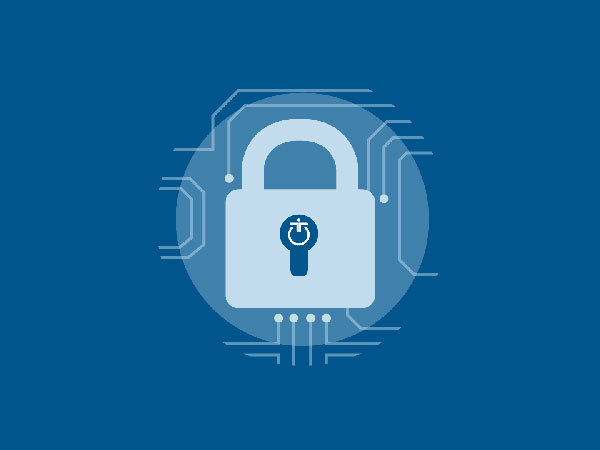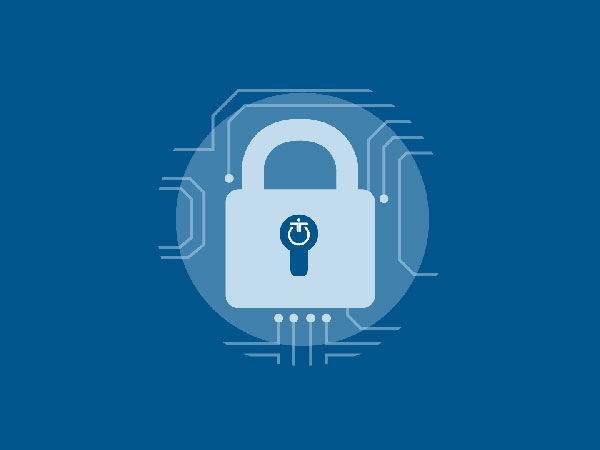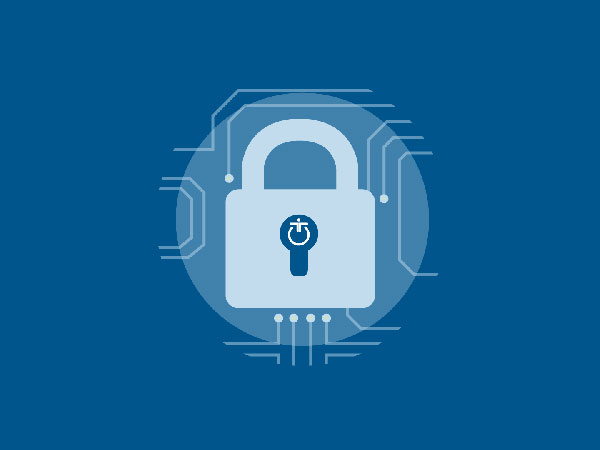As the information that our society generates grows exponentially, and our ability to analyze this information for deep insights into peoples’ psyches crosses into the realm of creepy, we must struggle with our conflicting desires for both individual privacy and deep personalization. Citizens and consumers will expect organizations to use their data to improve their lives while also protecting their inherent right to privacy. To remain relevant, organizations must get ahead of these paradoxical expectations by implementing clear, effective and proactive governance of individuals’ data, before such controls are forced upon them.
Careful what you wish for
Ten years into the technology revolution created by the “Digital Trinity” of Social Media, Mobility and Advanced Analytics, it is hard for many of us to remember life before our perpetual connectedness. These three technologies have merged to create a social revolution where everything we do is watched, analyzed, and rapidly converted into actionable insight.
On one hand, many of us are distinctly uncomfortable with the notion that companies and government actors know far too much about our thoughts, motivations and activities, every second of every day. On the other hand, many of us are deeply infatuated with the positive results of these insights, as they lead to perfectly-timed coupons, instantly-arriving taxis and predictive gratification of desires that we didn’t even know we had. The commercial benefits of the Digital Trinity are compelling and necessarily addictive.
Advancement of the Trinity is accelerating as technologies such as artificial intelligence, machine learning, pattern recognition and the Internet of Things further increase the already immense power of Big Data. Without question, this creates exciting opportunities for today’s organizations. But it also creates risk for those that fail to address the associated ethical implications and our incompatible expectations of privacy and intimacy. Those organizations that can navigate these troubled waters will be exceedingly successful in the coming decade. Those that do not will likely suffer a rapid, painful decline.
In order to address these conflicting demands, we offer the following guidelines for the effective and ethical-use of individual data.
Establish appropriate use of guidelines
Even assuming that their use of data is entirely legal, companies that use data in ways that are inconsistent with their values, societal norms, and the expectations of their customers or clients risk alienating their base, damaging their reputation, and impairing their valuation. Customers may expect organizations to use their data to serve their needs, but they also expect those companies to protect these intimate details.
This is especially true for companies whose business plans depend on the willingness of platform users, customers, or clients to willingly provide their data. People will be less willing, or even unwilling, to give data to companies that use it in ways that are perceived as intrusive, manipulative, exploitative, or creepy. Establishing a framework to ensure that data is used in an ethical manner can become an important differentiator and competitive advantage for modern, data-dependent enterprises.
Be transparent
Establish a review committee, guided by the business’s brand and mission statement, and composed of relevant corporate stakeholders to approve proposed data projects. Depending on the business, the source of the data, and the details of the proposed project, including outside interests on the board, such as a consumer representative, may be desired.
Subsequent policies for collection and use of end-user data should be transparent, understandable, enforceable and updated when necessary.
Establish meaningful information governance
As information replaces capital as the source of wealth and power in the world, organizations must implement information governance structures that are AT LEAST as rigorous as the capital management infrastructures they’ve deployed in the past. Information must be managed as companies have managed cash or other tangible assets with policies, processes and procedures that ensure compliance.
Information governance must grow from being the responsibility of a handful of records managers to an integral part of every process maintained by the organization. This effort should include guidelines for use, information asset tracking, security, risk management, lifecycle management, and executive oversight, just like the capital governance processes entities have deployed.
Acknowledge the tradeoffs
Nearly all users of these new technologies have an understanding of the tradeoffs they necessarily entail. They know that free services aren’t really free, and the associated cost comes in their surrendering their data for analysis and monetization. Organizations that manage this effectively recognize the economic value inherent in user data, and ensure that those users gain some benefit for the price they pay.
Staying in the good graces of consumers means that they should get some value in exchange for their data. Further, the intended use of the data should not be far removed from the purpose of collecting it. When consumers clearly understand what the company is collecting, for what purpose, and what is in it for them, they’re far more likely to willingly participate in the process.
Provide recourse and control
Finally, it is imperative to provide users some degree of control over the collection and use of their data. This should include a clear and easy way to opt out, should a user so choose. It also means providing them a means of recourse if there is something incorrect in the data that is collected. This brings its own ethical issues, as the entity must be able to discern if the data that someone wants changes is truly in error, or merely unflattering or otherwise unwanted. Being true to both goals of veracity and accuracy will give users the confidence that they have a degree of control over their privacy.
Conclusion
Consumerization, datafication, socialization, gamification and other similar social effects of the Digital Trinity are impacting every segment of our society. Organizations that embrace the data revolution stand to make remarkable gains in productivity and customer relevancy while those that don’t may find themselves increasingly marginalized in a data-centric world. But, it is imperative that organizations manage their use of data as they would any other mission-critical asset. The goal of any such initiative is to protect the corporate brand, avoid alienating consumers and optimizing their relationship with those that they serve.
Ensuring that you have effective ethical standards and governance for using customer data can ensure that your organization gains the benefits of Big Data while managing the associated risks. Consumers are likely to expect such transparency more and more, and a healthy dose of self-regulation may prove to be the best way to avoid outside regulation.
This article originally appeared here. Republished with permission. Submit your copyright complaints here.












![Cybersecurity: the motivation behind cyber-hacks [Infographic]](https://crayondata.ai/wp-content/uploads/2022/05/varonis-hacker-motives-red-flags-and-prevention-ig-960x4826-2-1.png)






![Most common tactics used by mobile apps to snatch your data [Infographic]](https://crayondata.ai/wp-content/uploads/2022/05/social-media-1.jpg)